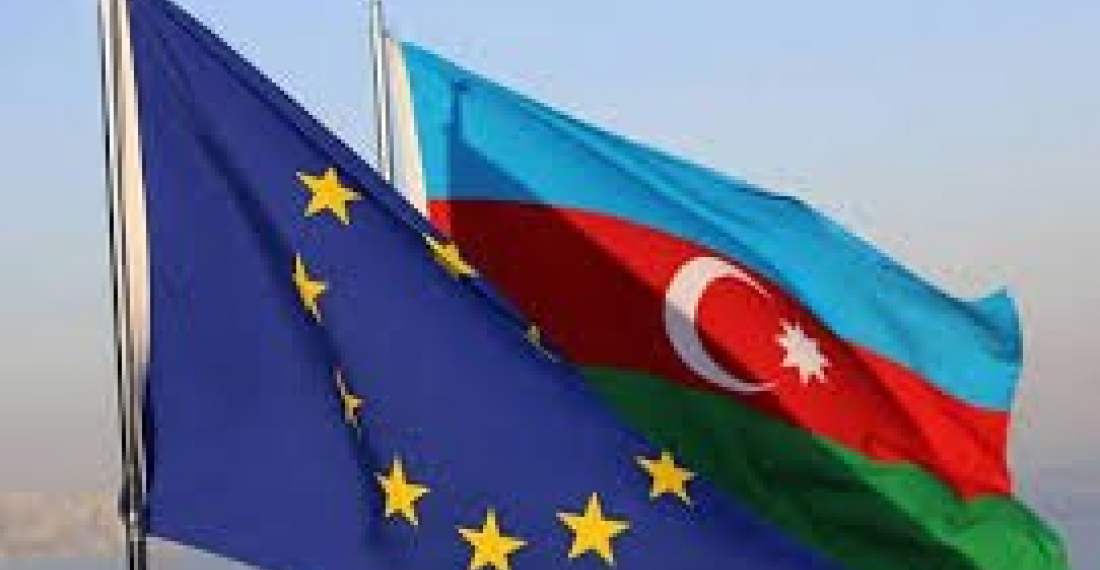The European Union Delegation in Azerbaijan has issued a statement rejecting allegations in sections of the pro-government media suggesting that members of the delegation, including the Head of Delegation Ambassador Kestutis Jankauskas, were somehow involved in organising anti government street protests. The reports started appearing two days ago and followed earlier stories connected with an anti government street protest in Baku earlier this month. A story on the website haqqin.az which has close connections to Azerbaijani ruling circles alleged that "the EU ambassador was preparing a street fighting scenario for Baku".
The statement by the European Union Delegation said:
Azerbaijan is an important partner of the EU, a participant in the Eastern Partnership as well our strategic partner in the field of energy. The EU also supports Azerbaijan's sovereignty, independence and territorial integrity.
We are working together to advance our partnership and expand our cooperation via the currently negotiated new comprehensive and ambitious Agreement, covering a large number of topics, including human rights.
The EU continues to support Azerbaijan's reform agenda. The EU is Azerbaijan's first trading partner and investor, both in the oil and non-oil sector. We back Azerbaijan's economic diversification agenda notably through support to education and regional development.
The European Union Delegation, in line with international law and practice, has contacts with all segments of the Azerbaijani society. This means that we listen to, but that we do not take partisan sides. As it is practiced by diplomatic services around the world, we meet with Government, but also opposition, civil society and other groups.
Commonspace.eu political editor said in a comment that "it is difficult to understand what was supposed to be achieved by these media attacks. The European Union Delegation in Baku is not a hotbed of revolutionary activity but a partner in reform for the Azerbaijani government and people. This has been the case even more since Ambassador Kestutis Jankauskas took over as head of delegation last year. He has put a lot of effort and energy in developing EU-Azerbaijan relations in all spheres. It is therefore legitimate to ask why the attacks when only the enemies of Azerbaijan would have been pleased with such media smears. This incident highlights the need for the European Union to maintain a broad political dialogue with Azerbaijan. In Azerbaijan, as in many other places, the European Union's voice and message often comes across muffled or distorted, many times wrapped up in official jargon that hardly anyone understands. Brussels obsession with process has a political cost, and in situations such as the South Caucasus the costs are high. Fortunately on this occasion the message is clear".
source: commonspace.eu







